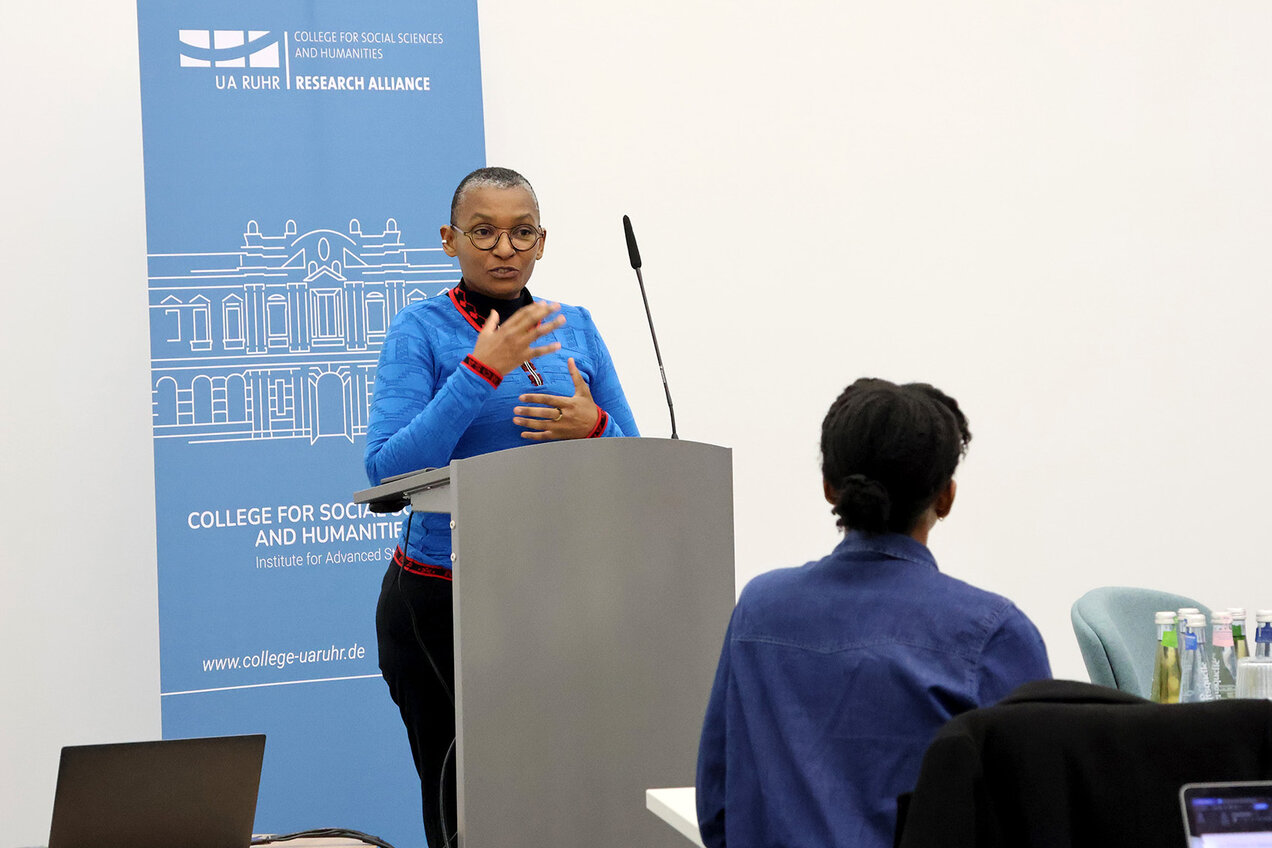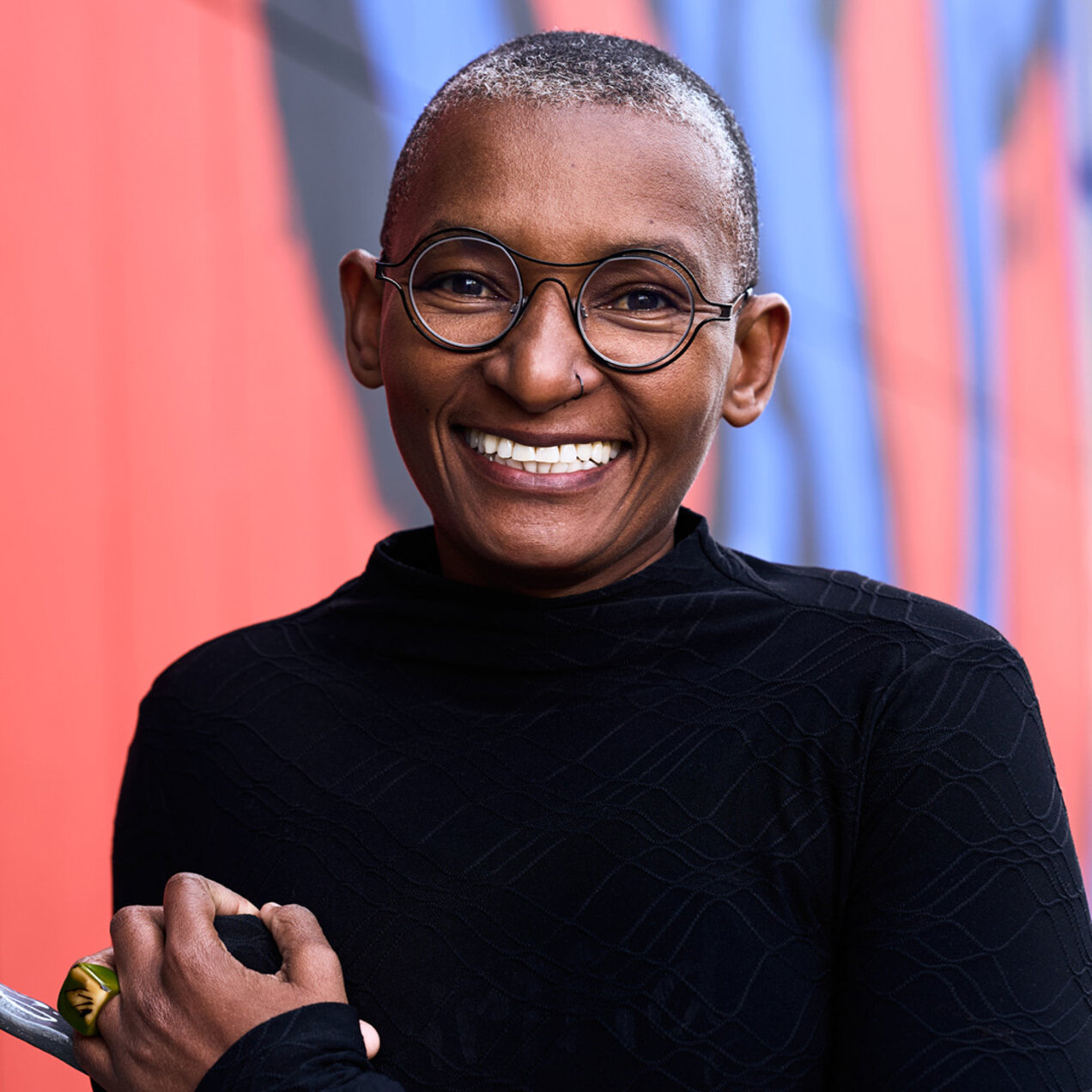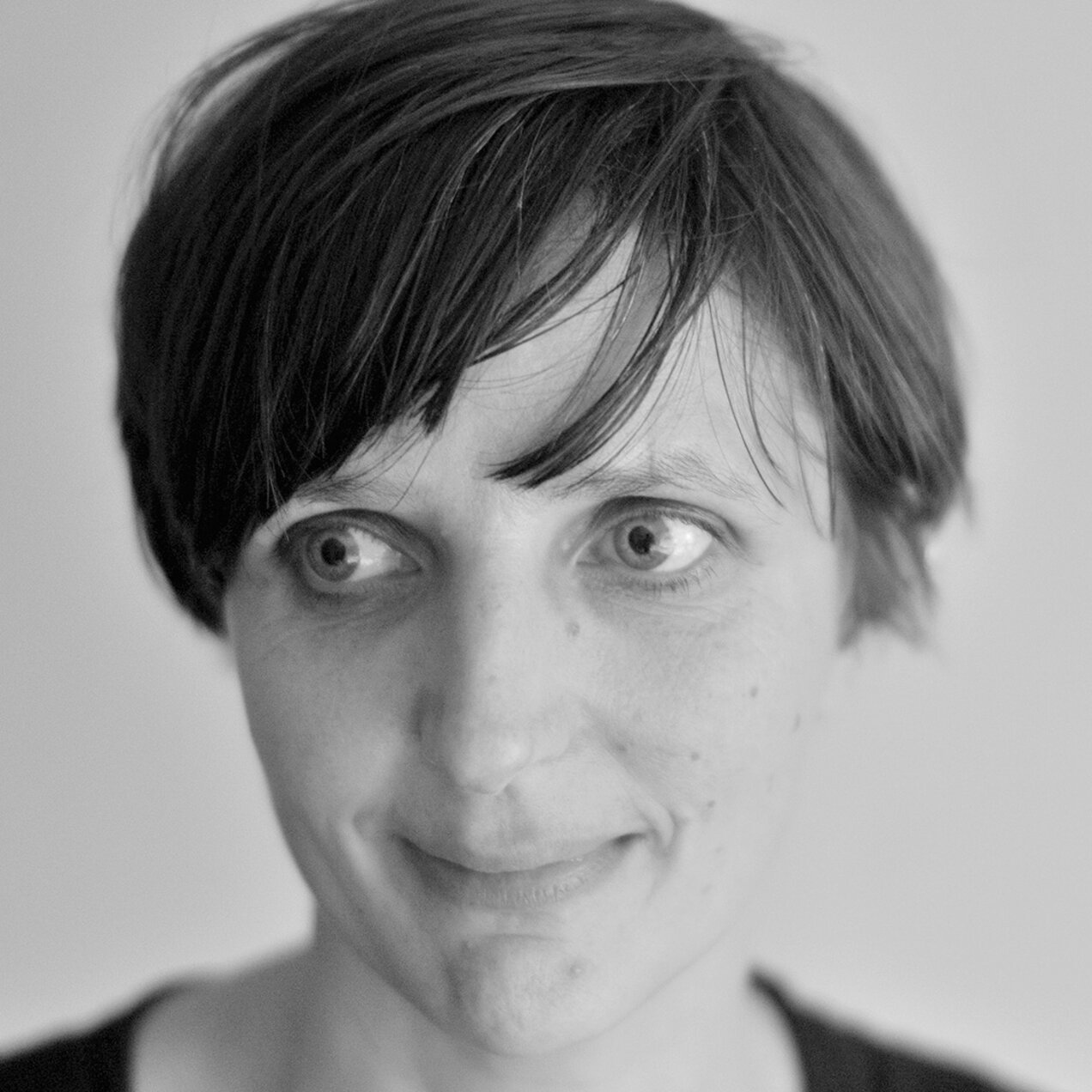
Interview with Zethu Matebeni & Henriette Gunkel

Zintombizethu (Zethu) Matebeni, who holds the South Africa Research Chair in Sexualities, Genders and Queer Studies at the University of Fort Hare, and Henriette Gunkel, Professor of Media Studies at Ruhr University Bochum, worked together as tandem partners in the Senior Fellowship Programme during the winter term 2024/25. Their collaboration is based on a long-standing partnership between the University of Fort Hare in South Africa and Ruhr University Bochum. In this interview, they talk about this cooperation, the research project and an international workshop they hosted at the College in January 2025.
Henri and I met in the early 2000s in South Africa while Henri was doing her doctoral research. Our research interests have always overlapped, and we have maintained contact since that time. Over the years we have also collaborated on other projects beyond our doctoral research. The cooperation as tandem partners came about through the call for Senior Fellows at the College for Social Sciences and Humanities. We felt this would be an opportune moment to further develop the work we have been doing on queer masculinities and Black queer studies.
Since we have been working together it has been our interest to expand our mode of work and partnership to students and other creatives with whom we engage. Henri’s current research is also located in Namibia, and mine is in South Africa. Both these countries have a direct relationship to Germany, and we are interested in exploring these connections through various modalities, including visual cultures and performance. What we are curious about is how performance and visual works travel, are received, and the ways in which they resonate in the German context. Perhaps by understanding these travels and routes, and ways of landing, possibilities of new and deeper connections can be made between space, places and times.
While I was at the University of Fort Hare in South Africa, Henri and I started developing an agreement between that institution and Ruhr University Bochum (RUB). In 2002 I came to RUB as a Fellow at the Marie Jahoda Centre for International Gender Studies. This was a rewarding time, especially as I was able to engage with colleagues, researchers and students at the Centre and also the Department of Media Studies (Institut für Medienwissenschaft). From that moment, we decided to collaborate on an exchange between students and junior scholars through a summer school. The ‘Queer Masculinities’ summer school was held in South Africa in March 2024, and almost 15 students from Ruhr University Bochum participated with 15 students from South African universities.
The workshop ‘Black.Queer.Trans.Desires’ was aimed at engaging with a gap in queer scholarship that often misses the importance or focus on desire, particularly Black queer and trans desires from Africa and Europe. We were interested in filling this gap, asking scholars to engage with the topic, taking seriously the locations from which they write, think, and create works, as well as the importance of desire conceptually and affectively. The follow-up activity will be publishing the papers presented in a special issue on ‘Black Queer Desires’ in the journal Sexualities.
We are hoping that there will be more opportunities supported by institutions here in Germany to foster exchange between students and junior researchers. We will continue to apply for funding for such research projects.
Zintombizethu Matebeni, popularly known as Zethu, holds the National Research Foundation (NRF) South Africa Research Chair in Sexualities, Genders and Queer Studies at the University of Fort Hare. With a background in sociology and ethnographic methods, Matebeni has been a catalyst of African queer studies, working at the intersections of race, class, gender diversity, and sexuality in post-colonial Africa. Collaborating with activists, scholars, and artists, they have produced innovative research and interventions on queer issues, critical race studies, and decolonisation, including the #RhodesMustFall Movement and #AlternativeInclusivePride.
Matebeni’s notable works include Reclaiming Afrikan: Queer Perspectives on Sexual and Gender Identities (2014), Queer in Africa: LGBTQI Identities, Citizenship, and Activism (2018), Beyond the Mountain: Queer Life in 'Africa's Gay Capital' (2020), and 'Nongayindoda' (2021) in the Journal of Contemporary African Studies. Zethu Matebeni has been Visiting Professor at the Women’s Gender and Sexualities Studies (WGSS) Department at Yale University and at the Marie Jahoda Centre for International Gender Studies at Ruhr University Bochum.
Zethu Matebeni spent six months as a Senior Fellow at the College for Social Sciences and Humanities from September 2024 until February 2025.

Henriette Gunkel is Professor of Transformation of Audiovisual Media with a special focus on gender and queer theory at the Institute for Media Studies at Ruhr University Bochum. Her research focuses on the politics of time from a decolonising, queer-feminist perspective. She is currently working on a monograph entitled Sand, Atmosphere, Memorialisation, which deals with remains in the context of colonial extractivism in the Namib Desert. Recent publications include the anthologies Futures & Fictions (Repeater 2017, with Ayesha Hameed and Simon O'Sullivan) and We Travel the Space Ways: Black Imagination, Fragments, and Diffractions (Transcript 2019, with kara lynch) as well as the book Visual Cultures as Time Travel (Sternberg 2021), co-written with Ayesha Hameed.
